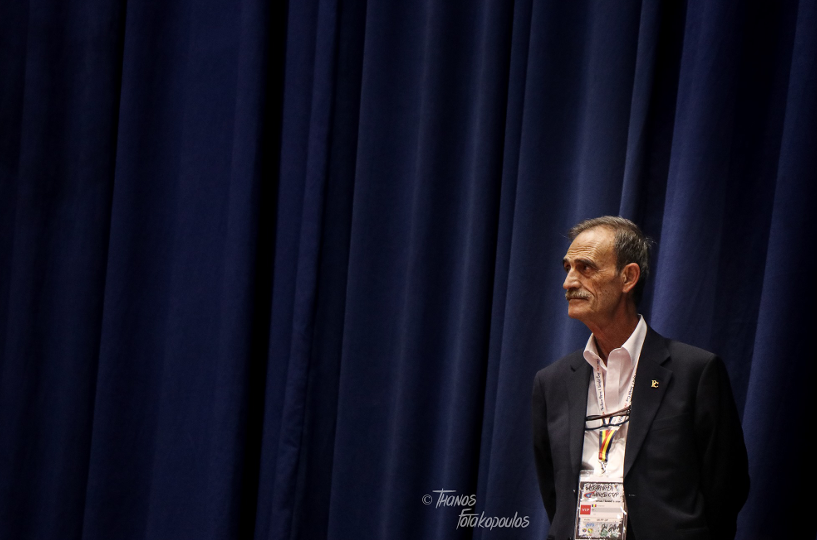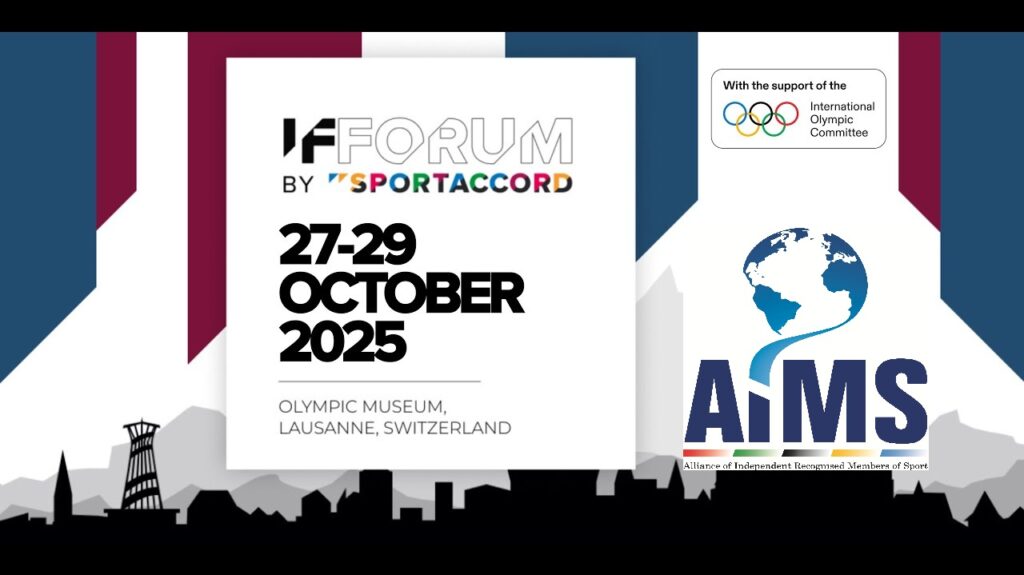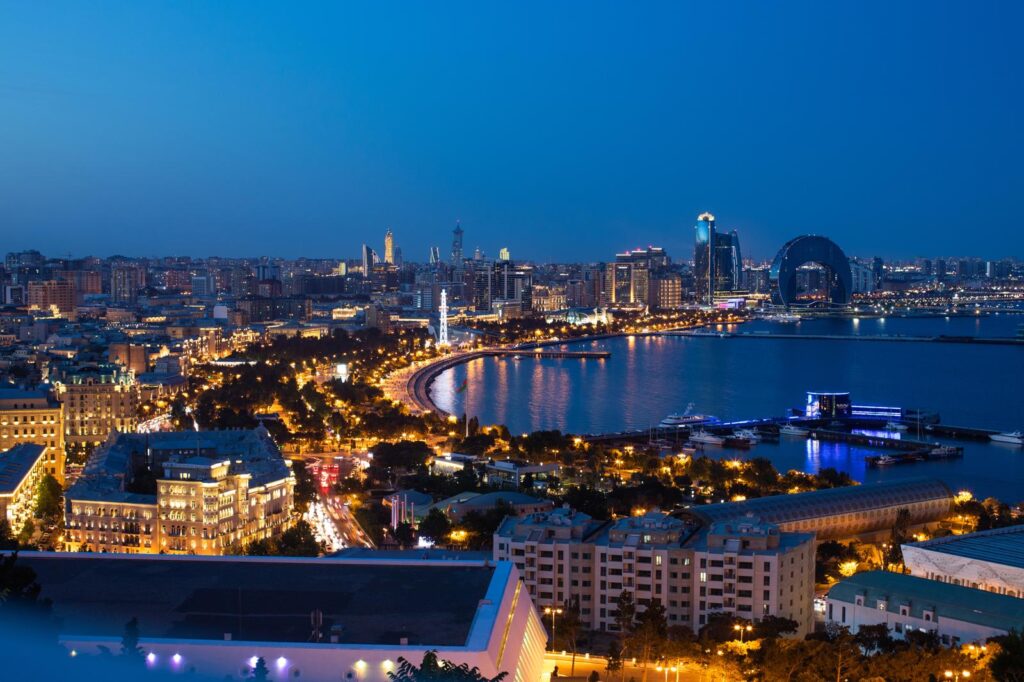Ahead of World Refugee Day celebrated on 20 June, the Olympic Refuge Foundation (ORF) reiterates its commitment to building a global movement which supports refugees and displaced people to thrive through sport – whether through the IOC Refugee Olympic Team at the Olympic Games or through its programmes at community level.

In its recently published Annual Report, the ORF highlights its many areas of work which, by the end of 2023 had resulted in almost 400,000 young people affected by displacement having access to safe sport.
Recent data from UNHCR, the UN Refugee Agency, estimates that there are now more than 120 million people worldwide who have been forcibly displaced due to persecution, conflict or a threat to their safety. As the crisis continues to grow, there is growing urgency for displaced people to be active members of their host communities, and sport has an increasingly important role to play in meeting this need.
Delivering innovative solutions
The Foundation delivers context-based innovative solutions through programmes, advocacy and partnerships. Key highlights in 2023 included:
- coaches from Kampala to Paris welcoming more than 34,000 young people affected by displacement into supportive sessions;
- 69 safe sport spaces created or refurbished for improved access to sport for young people affected by displacement;
- a total of 63 athletes supported through Olympic Solidarity scholarships as part of the Refugee Athlete Support programme, the largest ever number of refugee athletes supported through the programme;
- a Refugee Team competing for the first time at continental Games at the European Games, composed of four athletes in taekwondo and boxing;
- new programmes launched in the vastly different displacement settings of Burkina Faso, Uganda and Jordan, aimed at supporting more than 40,000 children and young people to access safe sport through locally relevant activities.
The impact of collective efforts
By working collectively with partners and demonstrating why sport should be embedded as a core component of refugee and displacement responses, the ORF has worked to ensure that the benefits of sport continue to be scaled. In December last year, the ORF worked through the Sport for Refugees Coalition – which it co-convenes with UNHCR and the Scort Foundation – to mobilise more than 140 organisations to commit to the Multi-stakeholder Pledge on Sport for Inclusion and Protection at the Global Refugee Forum. The pledge, which was presented by IOC President Thomas Bach before heads of state, ambassadors, refugees and the wider humanitarian sector, resulted in the commitment of more than USD 50 million to benefit over 825,000 displaced people.
Following pilots taking place throughout 2023, at the end of last year the ORF also formalised a new partnership with the IFRC PS Centre, which promises to deliver and scale Sport Coach + with the aim of reaching 2,500 sports coaches in Ukraine and surrounding countries. Through this collaborative work, coaches likely to come in contact with young people affected by the Ukrainian displacement crisis will be equipped with the skills to more effectively support young players who may have experienced trauma as a result of their experiences.
36 athletes to compete in Paris as part of the Refugee Olympic Team
This year, faced with an unprecedented, and ever-growing displacement crisis, the ORF is preparing for the third IOC Refugee Olympic Team to compete at the Olympic Games Paris 2024. The 36 athletes due to compete will represent the more than 100 million displaced people around the world, and will be backed by the flagship “1 in 100 million” digital campaign, which is aiming to build a fanbase for the team while drawing attention to the scale of the global crisis. This will be the largest ever team to compete at the Olympic Games, and for the first time the team is being managed by the ORF. The 36 athletes are hosted by 15 National Olympic Committees (NOCs) and will be competing across 12 sports.
Speaking at the time of the announcement to all the team members, who had joined the meeting virtually, IOC President Thomas Bach said: “With your participation in the Olympic Games, you will demonstrate the human potential of resilience and excellence. This will send a message of hope to the more than 100 million displaced people around the world. At the same time, you will make billions of people around the world aware of the magnitude of the refugee crisis. Therefore, I encourage everyone, around the world, to join us in cheering for you – the IOC Refugee Olympic Team.”
Beyond the Games
Beyond the Olympic Games, in 2024 the Olympic Refuge Foundation is focused on delivering on the final year of its strategic plan and Recommendation 11 of Olympic Agenda 2020+5. In addition to engaging 200,000 young people through programmes, the ORF is using evidence on the benefits of sport in contexts of displacement to influence and embed sport in local and national systems, policy and practice. It is through this collective and systemic work that the ORF can work at scale, ensuring that young people affected by displacement thrive through sport.




